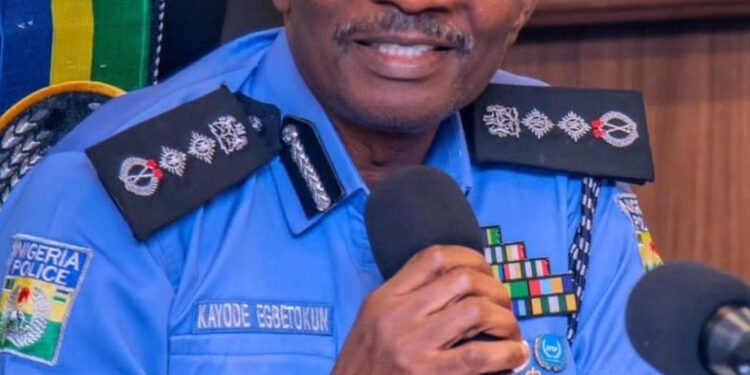The Paradox of Police Reform and the Untouchable Rogue Units
By Okechukwu Nwanguma
I have written, and I stand by it, that the Commissioner of Police in Imo State, CP Aboki Danjuma, is a professional-minded police chief who has demonstrated a genuine commitment to promoting police discipline, integrity, and accountability. This is not mere praise, but a conclusion drawn from my direct engagements with him and personal experiences in which I have brought cases of police corruption and abuse to his attention—many of which are publicly documented. In each case, CP Aboki responded promptly and decisively, ensuring that officers involved were investigated and, where necessary, sanctioned. In many instances, money extorted from citizens was recovered. This speaks volumes about his leadership and sense of duty.
However, some readers have asked—quite rightly—why I haven’t addressed the continued impunity of the infamous Anti-Kidnapping Unit, commonly known as Tiger Base, in Imo State. It’s a valid and necessary point.
My response is that the enduring menace of Tiger Base is not due to CP Aboki’s complicity or indifference, but rather the result of deeper, entrenched structural rot within Nigeria’s policing system—where rogue officers are shielded by powerful political patrons. This shielding makes even well-meaning and reform-oriented commissioners like CP Aboki practically powerless against them.
The situation mirrors the now-notorious case of James Nwafor, the former Commander of the Awkuzu SARS in Anambra State. Nwafor’s reign of terror is well documented—his name featured prominently in the majority of petitions submitted to both the Anambra State and National Human Rights Commission’s judicial panels of inquiry set up in the wake of the #EndSARS movement to investigate police brutality. Yet, he treated those summons with impunity and contempt, refusing to appear before the panels.
What’s even more disturbing is that despite the national outrage and widespread calls for accountability, James Nwafor was rewarded with political protection even in retirement. A former governor of Anambra State appointed him as Chief Security Officer—a move that sent a chilling message to victims and activists: that impunity not only thrives in Nigeria but is often rewarded. That appointment was a slap in the face of justice and a blatant disregard for the pain and trauma suffered by victims and their families.
Like Nwafor, the Commander of Tiger Base in Imo has remained in post for an unusually long time, outlasting multiple Commissioners of Police. Attempts to redeploy or hold such officers accountable are often blocked by powerful political actors, traditional rulers, and business interests who see these units as tools to serve their personal or political ends. These commanders are insulated from accountability, enjoying influence that extends all the way to Force Headquarters.
This is the tragedy: while CP Aboki strives to reform and uphold professionalism within the Imo State Police Command, he is up against a system that permits rogue units like Tiger Base to operate above the law. Their continued operation not only erodes public trust but also undermines the efforts of ethical police officers and leaders who genuinely want to rebuild the integrity of the force.
The continued impunity enjoyed by such officers comes at a high cost—measured in unlawful arrests, torture, extortion, and, in some cases, extrajudicial killings. The liberty, dignity, and safety of citizens, especially in Imo, are under constant threat so long as such rogue units remain untouchable.
This paradox—of committed police leadership rendered impotent by entrenched political interests—is at the heart of Nigeria’s failed attempts at police reform. Until the web of political protection that shields the worst elements of the police is dismantled, reform will remain cosmetic, and the cries for justice from victims will continue to go unheard.
We must continue to demand better—not only from police leadership but from the political and institutional powers that enable abuse. The fight against impunity must go beyond the surface. It must address the criminal-political collusion that allows Tiger Base and its ilk to operate with unchecked brutality.
Only then can police officers like CP Aboki, who genuinely seek to change the narrative, succeed. Only then can Nigerians begin to feel safe, heard, and protected by the institutions meant to serve them.


























